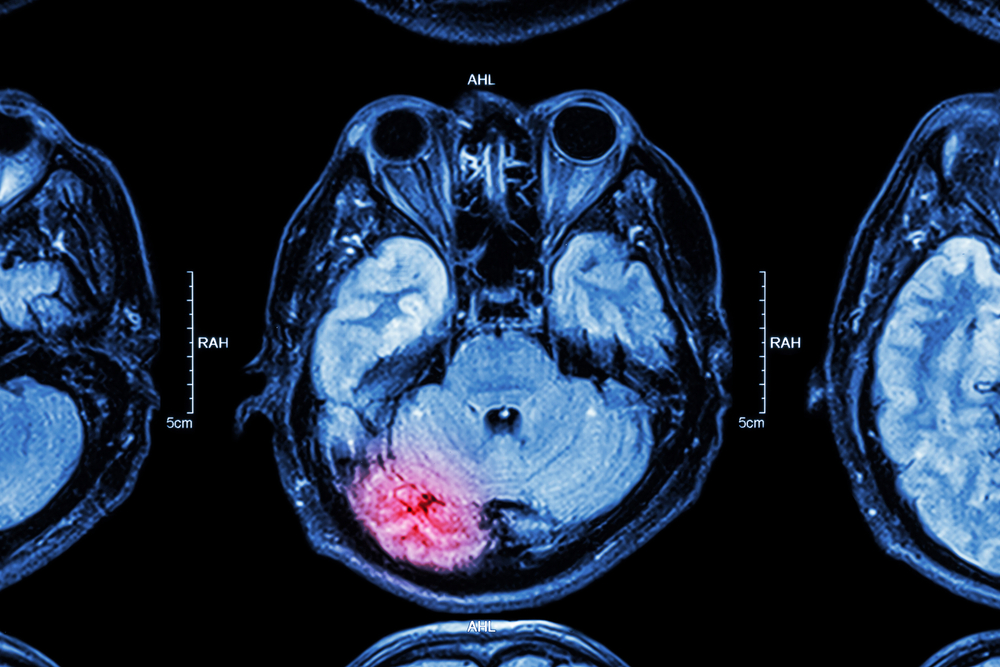
Five Things You Should Know About TBIs
A traumatic brain injury, or TBI, is any injury caused by direct or indirect trauma to the brain. Because the brain is responsible for controlling the entire body, a TBI can lead to significant complications in nearly any body part. Below, we explore five surprising facts you may not know about TBIs.
Not Every Concussion Results in a Loss of Consciousness
If you’ve ever watched a movie or TV show in which a character suffers a concussion, chances are they passed out for at least a few seconds. But you should know that these portrayals are mostly for dramatic effect. In reality, most people who sustain concussions remain awake and aware of what’s going on. They may be disoriented or less alert, but they don’t lose consciousness.
Even a relatively minor TBI can lead to serious consequences if left untreated. So any time you know or suspect someone may have suffered a concussion, it’s best to take them to a doctor immediately, whether or not they lost consciousness.
Traumatic Brain Injuries Are Incredibly Common in the U.S.
Roughly 1.7 million Americans sustain TBIs every year, which is approximately one TBI every nine seconds. Among the TBIs that occur, about 75 percent of them are concussions and other relatively minor brain injuries.
If you think only athletes or accident victims are susceptible to TBI, think again. Traumatic brain injuries are far more common than you may believe, but fortunately, their frequency means medical experts have plenty of experience treating all types of TBI.
Falls Are the Most Common Cause of TBI
According to the Centers for Disease Control (CDC), falls are the number one cause of TBIs by far. Roughly 40 percent of all TBIs in the United States result from falls. Falls account for more than half (55 percent) of all TBIs among children 14 and under and an overwhelming majority (81 percent) of all TBIs among adults 65 and older.
Other common causes of TBI include:
- Being struck by or against an object or person (accounts for 16 percent of all TBIs and 24 percent of TBIs among children 14 and under)
- Motor vehicle collisions (account for 14 percent of all TBIs and the largest percentage of TBI-related fatalities)
- Violent assaults (account for 10 percent of all TBIs, 3 percent of TBIs among children 14 and under, and 1 percent of TBIs among adults 65 and older)
Women Are More Likely to Sustain TBIs Than Men
It’s not clear why, but women seem to be at greater risk for TBIs than men are. Some experts suggest that one root cause of this phenomenon may be related to women’s increased risk for domestic violence.
More than one-third of women over the age of 15 have experienced “partner violence” in some form. So even though most media coverage focuses on sports related TBIs, which happen predominantly to men, women actually suffer TBIs at much higher rates, mostly due to falls and domestic violence.
Treatment for Every TBI Is Different
No two individuals are alike, and no two TBIs are either. Because every TBI case is different, treatment options can vary significantly based on factors such as the location of the injury, the extent of the damage, and the duration of unconsciousness. Depending on the circumstances, TBI treatment may involve:
- Rest and anti-inflammatory medication
- Anti-anxiety or antidepressant drugs
- Anticoagulants, diuretics, or stimulants
- Physical, speech, or occupational therapy
- Mental health counseling and emotional support
- Surgery to repair fractures or reduce cranial swelling
Contact a Virginia Personal Injury Lawyer Today
Have you suffered a TBI due to someone else’s negligence in Virginia Beach? If so, trust the Virginia Beach brain injury attorneys of Carlton Bennett to help. Contact us today to learn more about your options in an initial consultation with our attentive team.

